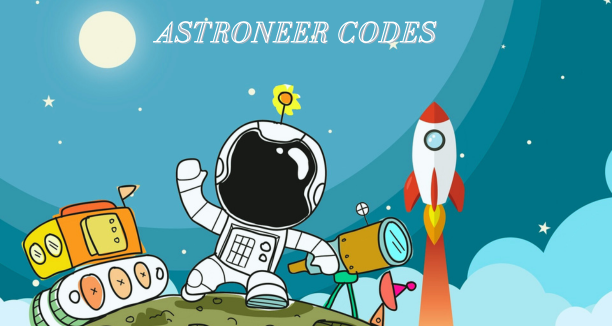Introduction
Gaming has transcended its traditional realm of entertainment and has found a meaningful place in education. This article explores the multifaceted role of gaming in education, from enhancing cognitive skills to addressing concerns and embracing innovative technologies.
Gamification: Beyond Entertainment
Gamification, the application of gaming elements in non-gaming contexts, has become a powerful tool in education. It transforms learning into a dynamic and engaging experience, utilizing elements like competition, rewards, and storytelling to captivate students’ attention.
Cognitive Benefits of Gaming
Beyond the stereotypes, gaming has been recognized for its cognitive benefits. Educational games challenge students to think critically, solve problems, and make decisions in simulated environments. These skills are transferable and contribute to a well-rounded education.
Educational Games and Simulations
The rise of educational games and simulations has introduced interactive and immersive learning experiences. Platforms like MinecraftEdu and Kahoot! leverage game mechanics to teach subjects ranging from mathematics to history, making learning enjoyable and effective.
Improving Engagement and Motivation
Traditional teaching methods sometimes struggle to capture and retain students’ attention. Gaming, with its interactive nature, has the potential to improve engagement and motivation, fostering a positive attitude toward learning.
Addressing Concerns: Screen Time and Addiction
As the role of gaming in education expands, concerns about excessive screen time and potential addiction arise. It is crucial to address these concerns through responsible use, incorporating breaks, and promoting a balanced approach to screen-based activities.
Incorporating Virtual Reality (VR) and Augmented Reality (AR)
Virtual Reality (VR) and Augmented Reality (AR) open new frontiers in education by creating immersive learning experiences. VR can transport students to historical events or even outer space, while AR overlays educational content onto the real world.
Game-Based Learning Platforms
The emergence of game-based learning platforms, such as Duolingo for language learning or Prodigy for mathematics, has demonstrated the effectiveness of integrating gaming elements into traditional subjects.
Challenges in Implementing Gaming in Education
Despite the benefits, educators face challenges in implementing gaming in education. These include adapting curricula, training teachers, and addressing concerns from parents and policymakers.
Case Studies: Successful Implementation
Real-world examples showcase successful integration of gaming in education. The success stories highlight improved student performance, increased participation, and a positive impact on overall learning outcomes.
Parental Perspectives on Gaming in Education
Understanding parental perspectives is crucial. Many parents now recognize the educational value of gaming but may still have concerns. Open communication and sharing success stories can bridge the gap between skepticism and acceptance.
Measuring the Effectiveness of Gaming in Education
Measuring the effectiveness of gaming in education involves assessing both academic and non-academic outcomes. Surveys, academic performance metrics, and qualitative feedback contribute to a comprehensive evaluation.
SEO for Educational Gaming Platforms
For educational gaming platforms to reach a wider audience, effective SEO strategies are essential. Leveraging educational keywords, creating informative content, and maintaining an active online presence are crucial for visibility.
Future Trends: Personalized Learning and Beyond
The future of gaming in education holds exciting possibilities, including personalized learning experiences tailored to individual needs. Advancements in technology will likely bring forth more immersive and sophisticated educational gaming solutions.
Conclusion
Gaming in education has evolved beyond a mere trend, becoming a powerful educational tool with the potential to revolutionize traditional teaching methods. As technology continues to advance, the role of gaming in education is poised to grow, providing students with dynamic and engaging learning experiences.



